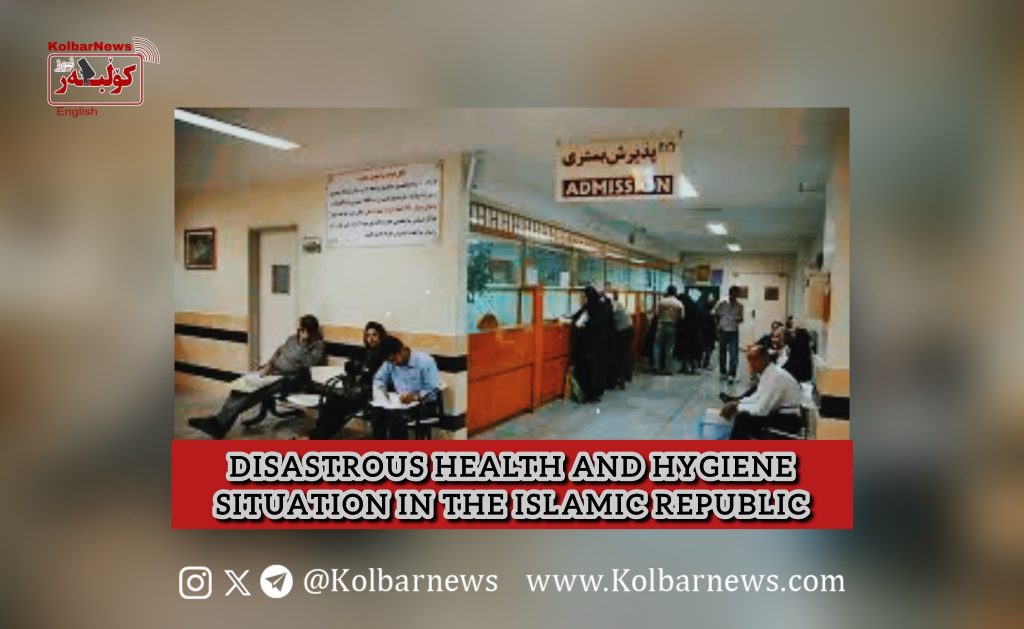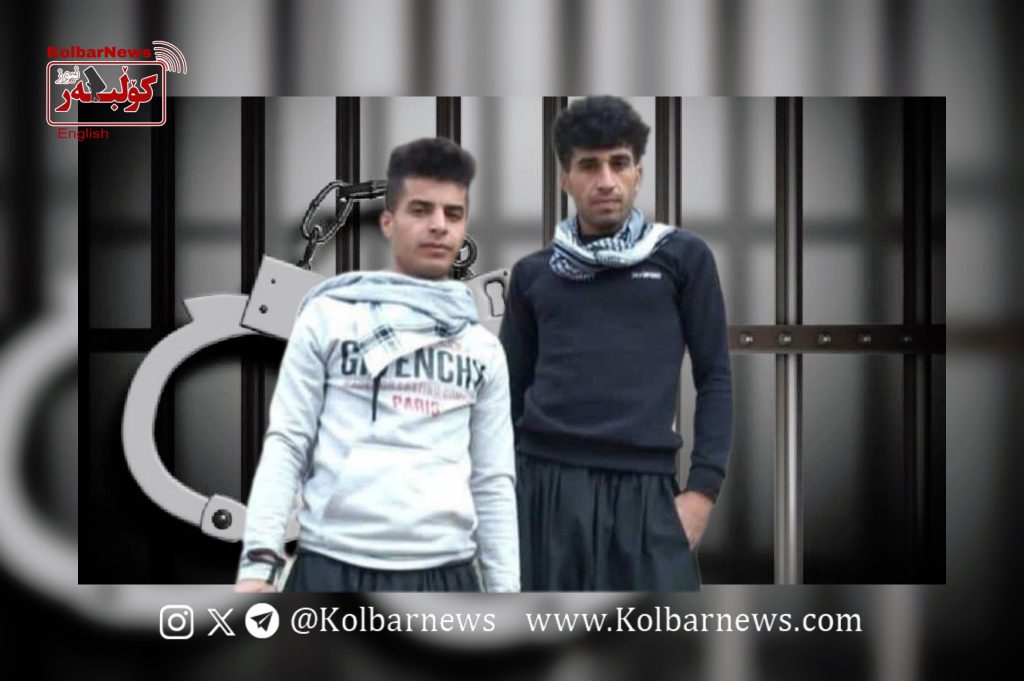
The newspaper “Etemad” in its Thursday edition has published a shocking report on the health and medical situation in Tehran, Kurdistan, and Baluchistan, revealing glimpses of the current state under the Islamic regime in Iran. The newspaper’s reporter, Banafsheh Sam Gis, mentions families who have come to Tehran from various counties, hoping to treat their sick children at the “Children’s Medical Center.” These people are waiting on the sidewalks in the hot Tehran weather and are usually turned away for various reasons.
One of these families says: “Iranshahr hospital has no doctor, no facilities. The doctor at Iranshahr hospital told us to go to Tehran because the equipment available there never reaches Iranshahr hospital. Now here at the ‘Children’s Medical Center’ they tell us our child cannot breathe and we need to get a respiratory device for him. The respiratory device costs 85 million tomans, and I don’t have such money. I told the hospital’s social worker that I don’t have the income to buy this device; the social worker said we can’t help you either.”
A worker from Hamadan came because his 5-year-old child suffered a serious issue due to a surgeon’s error, requiring three surgeries. He is told to pay 30 million tomans for each surgery. The distressed father says, “I am a simple worker and I don’t have such money.”
The reporter quotes a hospital surgeon in a small town in Kurdistan, which exemplifies the deprivation in such regions. The gynecologist says: “For four months, we haven’t had surgical blades or gloves. I have one or several patients undergoing caesarean sections daily, and I don’t have surgical blades! Four months ago, I bought two packs of surgical blades at my own expense and donated them to the hospital’s operating room. Our hospital has five gynecologists. I hid these two packs so that no other surgeons besides us five would have access to them to avoid a shortage of surgical blades for cesarean patients. The glove situation is the same.”
Regarding other shortages, the doctor says: “When a pregnant mother suffers from bleeding after childbirth and I don’t have medicine to control it, I am forced to remove her uterus to keep her alive. We have completely eliminated non-emergency surgeries because we lack the necessary equipment to diagnose women’s diseases.”
In the Islamic Republic, where the drug and medical mafia dominate the citizens’ health affairs, only four to four and a half percent of the gross national product is allocated to citizens’ health. This is while the government has earned 134 billion dollars from oil sales in the past nine months. However, the four percent share for low-income earners in Baluchistan, Kurdistan, Ilam, West Azerbaijan, and Kohgiluyeh and Boyer-Ahmad is even less.
Beyond the poor citizens who face death due to the dreadful state of insurance and medical treatment, a number of the three hundred thousand nurses, employees, and specialists employed by the Ministry of Health are dealing with such unbearable conditions that they are forced to migrate. Under such circumstances, the suicide rate among workers in this sector has also increased.
The so-called reformist media, like “Etemad,” are trying to create false hopes for comprehensive health improvements. They have written that Dr. Masoud Pezeshkian, a heart surgeon and the first doctor president, brings hope for solving the issues related to medical treatment and insurance. These promises are made despite Pezeshkian himself, who knows the power of the drug and medical mafia, not making any promises in this regard.
Free health and medical treatment is a fundamental right of every citizen. No one should suffer due to the unavailability of medical services. It is not right for any human being to remain in bed, suffer, and die due to lack of medical services. Today’s human being deserves to benefit one hundred percent from free health and medical services. Workers in many countries, as a result of years of struggle, have compelled governments to provide health and medical services to citizens. If the workers and oppressed and deprived people of Iran rely on their unity and organized struggle, they can also impose the demand for free health and medical treatment on this regime, reclaiming part of the unpaid wages and wealth looted from the people in the form of health and medical services.

